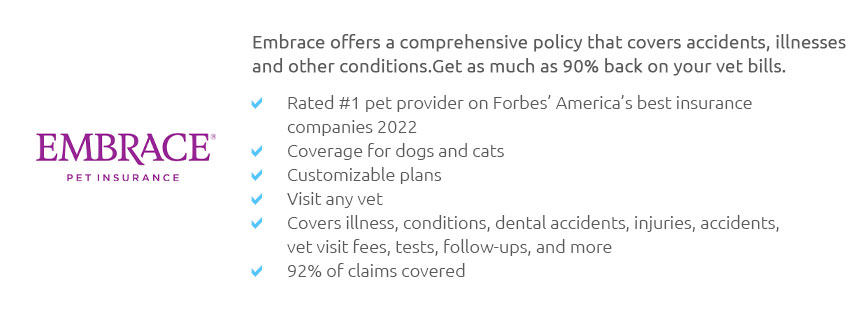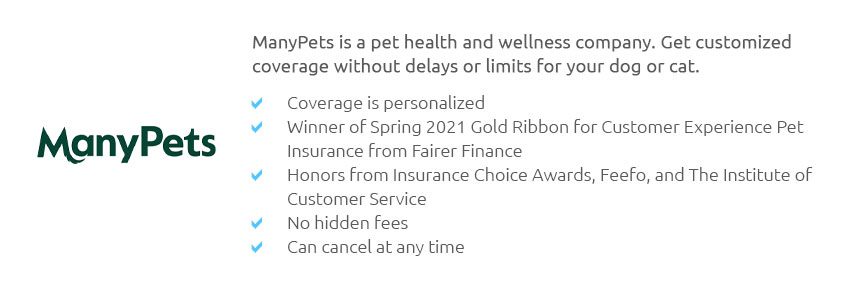 |
 |
 |
 |
 |
 |
|
 |
|
 |
|
 |
|
 |
|
 |
 |
 |
 |
 |
 |
 |
 |
Best Small Dog Pet Insurance: An In-Depth AnalysisChoosing the best small dog pet insurance can be a daunting task given the plethora of options available in today's market. With various plans offering different levels of coverage, deductibles, and premiums, making the right choice requires a comprehensive understanding of what each plan entails. Pet insurance for small dogs, such as Chihuahuas, Pomeranians, and French Bulldogs, often needs to cater to specific health issues prevalent in these breeds. Therefore, opting for an insurance plan that aligns with both your financial capacity and your pet's potential health needs is crucial. When evaluating pet insurance for small dogs, several factors should be taken into consideration. First, the coverage options. Plans typically vary in what they cover, ranging from accident-only plans to comprehensive ones that include accidents, illnesses, and routine care. Accident-only plans might be more affordable but could leave gaps in coverage if your small dog requires treatment for common breed-specific ailments. Next, consider the deductibles and premiums. A lower deductible often means higher monthly premiums, which might be a viable option if you anticipate frequent veterinary visits. Conversely, higher deductibles can lower your monthly payments but may lead to significant out-of-pocket expenses when your pet needs care. It's essential to strike a balance that fits your budget while ensuring your pet receives necessary medical attention. Additionally, reviewing the claim process of each insurance provider is vital. A straightforward, efficient claims process can save you time and stress, especially in emergency situations. Look for companies with high customer satisfaction ratings regarding their claims procedures. The option of direct payment to veterinarians instead of reimbursement can also be a significant advantage. Moreover, pay attention to exclusions and limitations. Common exclusions include pre-existing conditions, hereditary disorders, and sometimes even specific conditions related to certain small dog breeds. Understanding these exclusions before purchasing a policy is essential to avoid unexpected costs. Finally, consider the reputation of the insurance company. Established providers with a solid track record in the pet insurance industry often offer more reliable service and support. Customer reviews, ratings, and word-of-mouth recommendations can provide valuable insights into the provider's reliability.
Overall, selecting the best pet insurance for your small dog involves weighing the costs against the potential benefits. While no plan is perfect, choosing one that aligns with your pet's specific needs and your financial situation can provide invaluable peace of mind. Frequently Asked Questions What factors should I consider when choosing small dog pet insurance? Consider coverage options, deductibles, premiums, claims process, exclusions, and the provider's reputation. Are there specific insurance plans for different small dog breeds? Yes, some providers offer plans tailored to specific breeds, addressing common health issues associated with them. How do deductibles affect my pet insurance costs? Lower deductibles typically increase monthly premiums, while higher deductibles lower them but may increase out-of-pocket expenses. What are common exclusions in small dog pet insurance? Exclusions often include pre-existing conditions, hereditary disorders, and some breed-specific ailments. Is pet insurance worth it for small dogs? It can be, especially if your dog is prone to health issues, as it may save on costly treatments and provide peace of mind. https://www.pawlicy.com/blog/pet-insurance-for-small-dogs/
Pawlicy Advisor is the #1 pet insurance marketplace in the U.S. Recommended by veterinarians. Trusted by 1M+ Americans. Our team of veterinary advisors and ... https://www.trupanion.com/
Reimagined pet insurance for dogs and cats. With unlimited payouts and robust coverage, you can access the vet care your pet deserves. Get a free quote! https://www.petinsurance.com/dog-insurance/
With Nationwide pet insurance, you're covered everywhere you go. Whether you're sticking with your preferred vet or need a specialist or ER, have questions, big ...
|